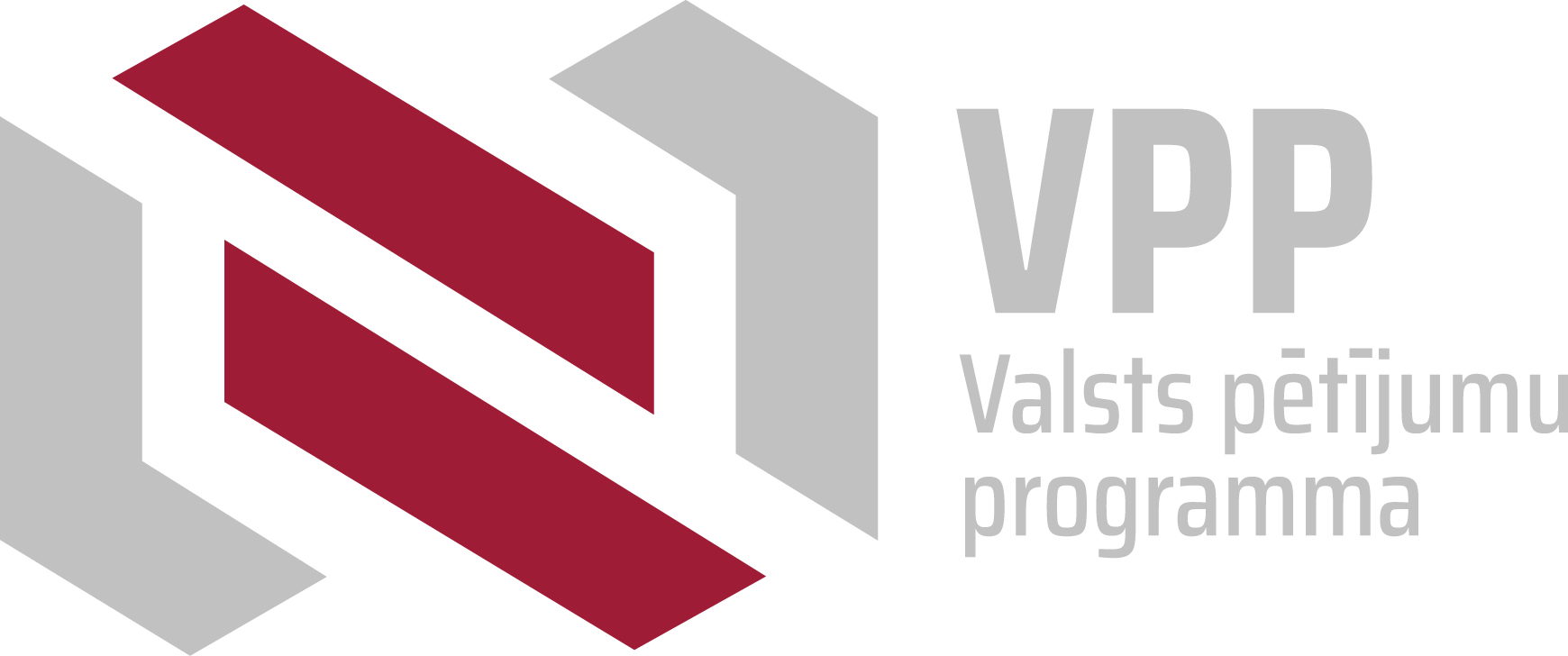RSU researchers launch a large-scale study on infectious diseases
To develop new approaches for tackling antimicrobial resistance, limiting HIV transmission, and to expand public vaccination coverage in a cost-effective way, researchers from Rīga Stradiņš University (RSU) have launched a nationally significant research project, “New Knowledge and Approaches to Reduce Antimicrobial Resistance, Limit the Spread of HIV and Expand Community Vaccination Coverage”.

This study is being carried out under the National Research Programme Public Health and will run until the end of 2025. The project focuses on public health, cost-effectiveness, and clinical research in the areas of HIV infection, antimicrobial resistance, and vaccination.
Project leader Anda Ķīvīte-Urtāne emphasises: ‘Today, we see that internationally there is a focus on non-communicable diseases in public health – such as cancer, cardiovascular diseases, dementia. It is true that these health problems will only become more acute as the population lives longer and ages. However,
we must not for a moment forget about infections, because micro-organisms do not “sleep”, as the COVID-19 pandemic has shown. Latvia is still, unfortunately, tops the chart in Europe in terms of HIV infection rates.
Furthermore, vaccination coverage in the adult population needs to be increased. Antimicrobial resistance is a global health problem, and I am pleased that Latvian researchers are making a highly qualified contribution to tackling it.’
The project team consists of 30 members, including experienced experts and researchers, as well as bachelor’s, master’s, and doctoral students from fields such as medicine, public health, pharmacology, physics, statistics, etc., forming a strong interdisciplinary team.
The project was selected through an open call for proposals and received 687,500 EUR in national funding.
The project consists of three work packages and five sub-work packages. The HIV prevalence and treatment work package, which includes mathematical modelling of the true rates of HIV prevalence, as well as investigating HIV treatment adherence and possible ways to improve it. Solutions are also being explored to reduce the high incidence of HIV/TB dual infection in Latvia. Then there is the identification of the situation and the proposal of solutions in the field of healthcare associated infections and antimicrobial resistance in the country. This work package includes a study on antibiotic consumption and healthcare associated infections. In addition, the Phage Research Group at RSU is conducting a study on phage therapy for antibiotic-resistant Klebsiella pneumoniae infections. A vaccine cost-effectiveness evaluation model is also being developed and piloted in Latvia.
The implementation of the project includes publishing the results in internationally cited high-quality academic journals, as well as giving presentations of the research results at international scientific conferences.
This project will lead to a deeper understanding of the prevalence of infections in Latvia, contribute to the development of new treatments, and increase the cost-effectiveness of preventive measures and vaccination.
The Ministry of Health is responsible for the implementation of the Public Health Programme 2023—2025. The Latvian Council of Science organises and implements the open call for proposals for the National Research Programme, providing international external expertise in the evaluation of projects.
Related news
 RSU Institute of Public Health launches international project to promote healthy lifestyle in schoolsResearch, International Cooperation, Public Health
RSU Institute of Public Health launches international project to promote healthy lifestyle in schoolsResearch, International Cooperation, Public Health


